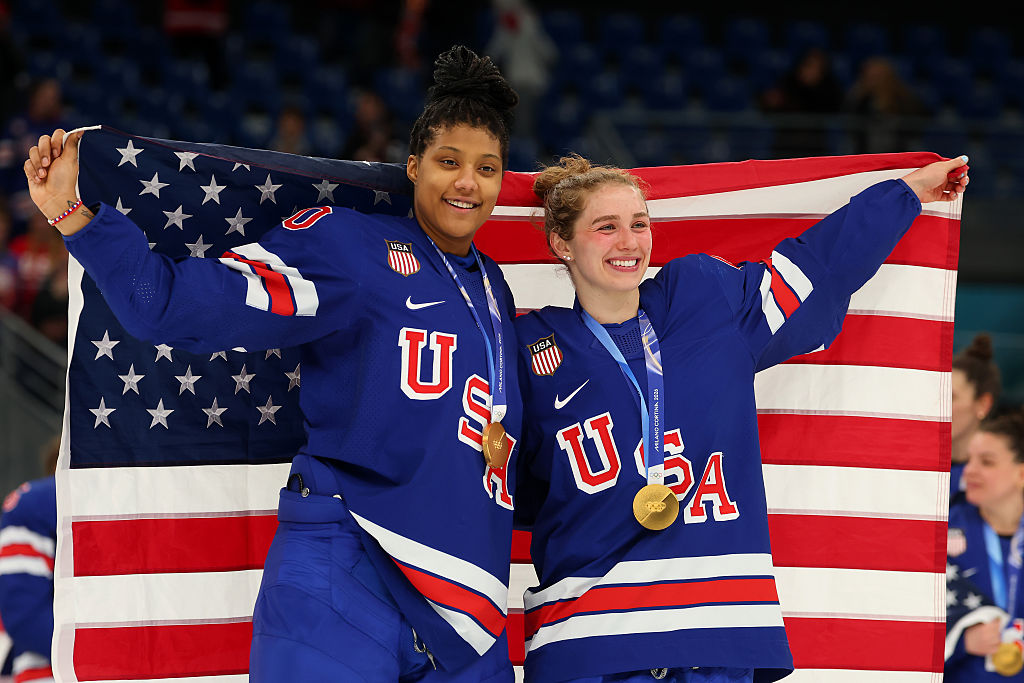Overlooked by mainstream wellness culture, bibliotherapy is ready for a comeback—and Emely Rumble, LCSW, is turning the page.
The licensed therapist has a new book, Bibliotherapy in the Bronx, which draws on her personal and professional experiences to explore how literature can support mental health. But what exactly is bibliotherapy?
“Bibliotherapy practice is a multifaceted and complex mixture of approaches and interventions operating under the broad banner of using books to heal,” according to the Journal of Systematic Reviews. Think of it as literature, from books you read to poetry, that will help you address an emotional need. Rumble, who initially wasn’t familiar with bibliotherapy—or other forms of art therapy—encountered it while studying abroad in England during her training to become a therapist. “There are folks who are trained in this method, who understand how to book-match and how to prescribe literature to support emotional problems,” she explains. Seeing it firsthand expanded her understanding of what clinical practice could be.
“That was mind-blowing. I was like, I need more of this.”
She also found inspiration in the legacy of Black librarians who advanced literacy in Black and Brown communities, including Sara (Sadie) Marie Johnson Peterson Delaney—whom Rumble reverently calls “the godmother of bibliotherapy.”
Through these experiences, Rumble came to believe that bibliotherapy could offer real support for those feeling emotionally overwhelmed.
“We’re so exhausted that we’re not actually thoughtfully speaking or thoughtfully thinking,” she says. “So much of bibliotherapy—and what makes it therapeutic—is the ability to practice thought hygiene. To sit and reflect on our thoughts. To actually pay attention to what we’re thinking, to interrogate it, and ask: Is that really what I think? Is that really how I feel?”
For people caught in the relentless pace of daily life, being still with a book can help ground the body and mind. “The somatic piece of bibliotherapy—which gets us back into our bodies—is a really important part of this as well,” Rumble explains. “Reading slows us down. It helps us sit with language, think about language, name things, and be precise and specific.” That kind of specificity, she notes, is especially valuable for Black patients who are often misunderstood due to underrepresentation in the mental health field, cultural stigma, and systemic bias.
Rumble believes words can bring clarity to our identities and emotions.“What we have to say, who we are, what we feel, and what we think—that can all be crystallized through language,” she says. “Language is everything when it comes to communicating our experiences. But sometimes we don’t have access to the language—especially when it comes to trauma. It can fragment the mind, our thoughts, and even the self. So just having access to language is, in itself, deeply healing.”
And through language, Rumble says, we can also build deeper understanding of one another, despite differences.
“Not every reader comes to every text equally,” she says, quoting Ta-Nehisi Coates.“We all come to text based on our own lived experiences. Reading diverse stories—experiences that are not our own—can change our minds. It expands our perspective. And for me as a therapist, especially a decolonial therapist, that’s at the heart of my work.”
Bibliotherapy in the Bronx will be available wherever books are sold on April 29.






